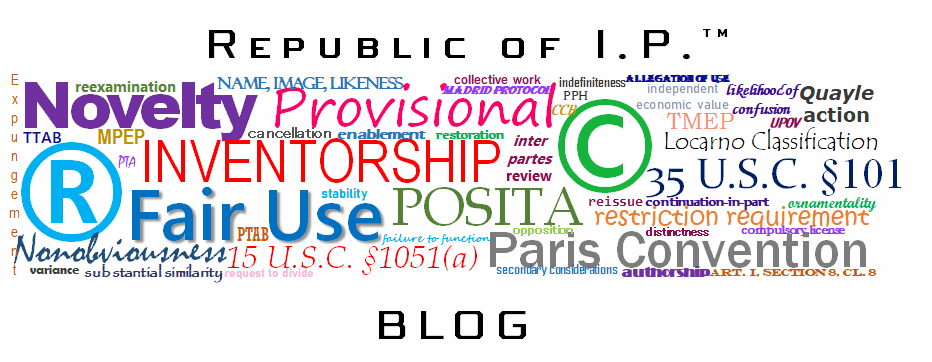The USPTO Leans Into “America First”
With a new presidential administration, as of early 2026, the United States Patent and Trademark Office (USPTO) has significantly shifted its posture under a more protectionist “America First”...

With a new presidential administration, as of early 2026, the United States Patent and Trademark Office (USPTO) has significantly shifted its posture under a more protectionist “America First”...
For a Small to Medium Enterprise (SME), a trademark is more than just a logo; it is a primary business asset. While “common law” rights exist simply by using a name in business, they are...
For years, visual artists—painters, illustrators, and graphic designers—have faced a frustrating choice: pay a separate filing fee for every single published work or leave their portfolio...
Short answer: maybe. As of early 2026, the law surrounding AI and fair use is in a state of active transition. Federal courts are still figuring out the contours of copyright law given the new AI...
The landscape for international inventors is shifting. On December 29, 2025, the United States Patent and Trademark Office (USPTO) issued a Notice of Proposed Rulemaking that seeks to end the era of...
Can a person “own” the art on someone else’s skin? That was the high-stakes question at the heart of the recent Ninth Circuit Court of Appeals decision in Sedlik v. von Drachenberg. In a case that...
Privacy law is complicated. While U.S. courts have generally refused to recognize personal data as a traditional property right, the right to privacy is a tantamount constitutional right with high...
Privacy law and intellectual property law are two distinct yet increasingly interconnected areas of U.S. law. While I.P. protects creative and innovative works, privacy law protects personal...
One of the fundamental principles of trademark law is that certain terms cannot function as trademarks because, as being merely descriptive of the goods or sources, these marks lack the role as an...
When the USPTO examines trademark applications or when courts assess potential trademark infringement, they rely on a multifaceted analysis to determine whether two marks are likely to cause consumer...